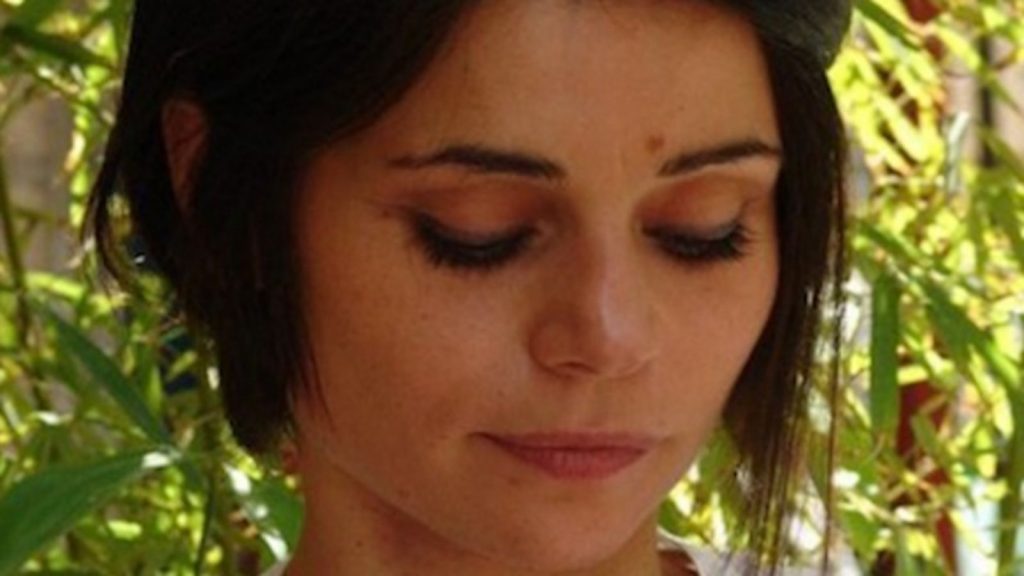It’s fascinating to observe what counts as news. Posts on the Gay Girl in Damascus blog counted as news when they were sensational. When they sold papers. Amina’s posts ceased to count as news when they ceased to be factual. A different news rushed in to fill the vacuum: Amina had been created by Tom MacMaster, a 40-year-old straight American living in Scotland. News, news, news A new sensation. More papers sold. More traffic to online news outlets. Money, money, money.
I’m astonished at the vitriol leveled against MacMaster. He’s a liar. He’s a trickster. He’s unethical. Blah, blah, blah. All this vitriol comes from journalists. The ones who were fooled. The ones who thought blog posts count as news, ripe for the picking, an easy path to the breaking story, a neat way to circumvent that old journalistic discipline called fact-checking. And money grows on trees.

The journalists who harp about ethics would do well to remember that ethics begins with self-examination. Here, we might demand that journalists turn their gaze inward and ask of themselves if they aren’t subject to a bias. I don’t mean a bias in the sense that they promote one political view over another, or adopt certain facts while blinding themselves to others. I mean a more general bias. A cultural bias about what they believe this medium is for.
A blog is not a newspaper. For that matter, an online news portal isn’t a newspaper either. Sometimes, journalists give the impression that they view the entire internet as one giant news feed. Everything they encounter should be subject to the same standards of journalistic ethics as a lead story on the New York Times (which was also duped by Tom MacMaster). Anyone who falls short of that standard—a poet, for example, or a novelist—is a liar and ought to have his knuckles rapped. It’s curious, though, that journalists break stories while friends on my facebook feed (which includes my children) post news items.
I don’t mean to defend Tom MacMaster. He knowingly fostered an online relationship under false pretenses and that is reprehensible. But the ethics he breached on that score have nothing to do with the ethics of journalism.
Journalism has deliberately chosen to embed itself in a larger cultural phenomenon, and it must bear some responsibility for contributing to the evolution of that larger cultural phenomenon. We see in this particular story, a collision of social values which, whether we like it or not, constitute a fact: 1) we reward authenticity, 2) we have come to regard suffering as a measure of that authenticity, and 3) we reward narcissism by commodifying even the minutiae of our authentic suffering while calling it something else, like self-promotion or assertiveness.
We reward a dying (or dead) man with millions of page views on his final blog post. We grant a terminally ill teenager a bucket list wish to be a trending topic on twitter. As if these are the only ways we can find meaning in our lives. And all of us are drawn into this nonsense because, through our hits and retweets, we help to confer this meaning.
In a culture that has elevated such social values beyond all others, why are we surprised (let alone angry) when someone tries to circumvent the system (like journalists who fantasize about a world without fact-checking) by taking the fast train to authenticity through fake suffering and by making a grab for the whole narcissistic ball of wax?
Notice me. Look at me.
Meanwhile, media outlets, like the Huffington Post, routinely use, as their lead story, the results of America’s Next Top Whatever. Do journalists really expect ordinary readers to take their outrage seriously—to take them seriously—when they are complicit in feeding this beast? I’ve grown cynical enough of journalism that tomorrow I fully expect to learn that Tom MacMaster is a fiction created by a media Ph.D candidate from Berkeley as part of his field research.